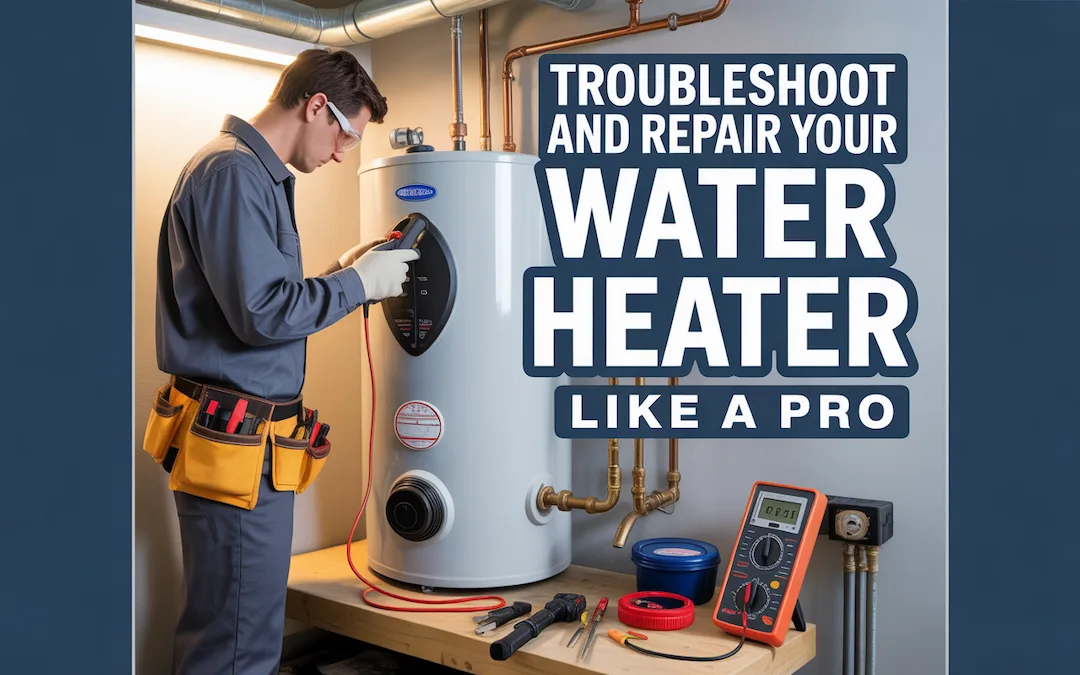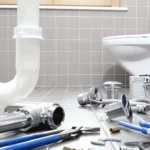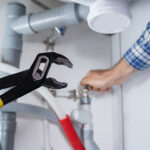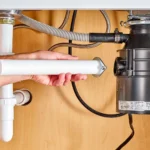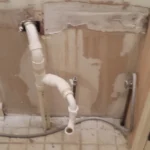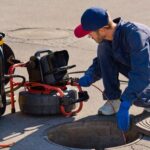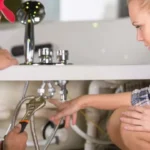A reliable water heater is one of the most important appliances in any home. It provides the comfort of warm showers, supports daily chores, and helps maintain hygiene. But like any mechanical system, water heaters eventually experience issues — from inconsistent heating to strange noises or complete breakdowns. Knowing how to identify problems early and when to call a professional for water heater repair near me can save time, money, and stress.
In this guide, we’ll walk you through common signs your water heater needs attention, how to perform basic troubleshooting, and when to contact a licensed technician.
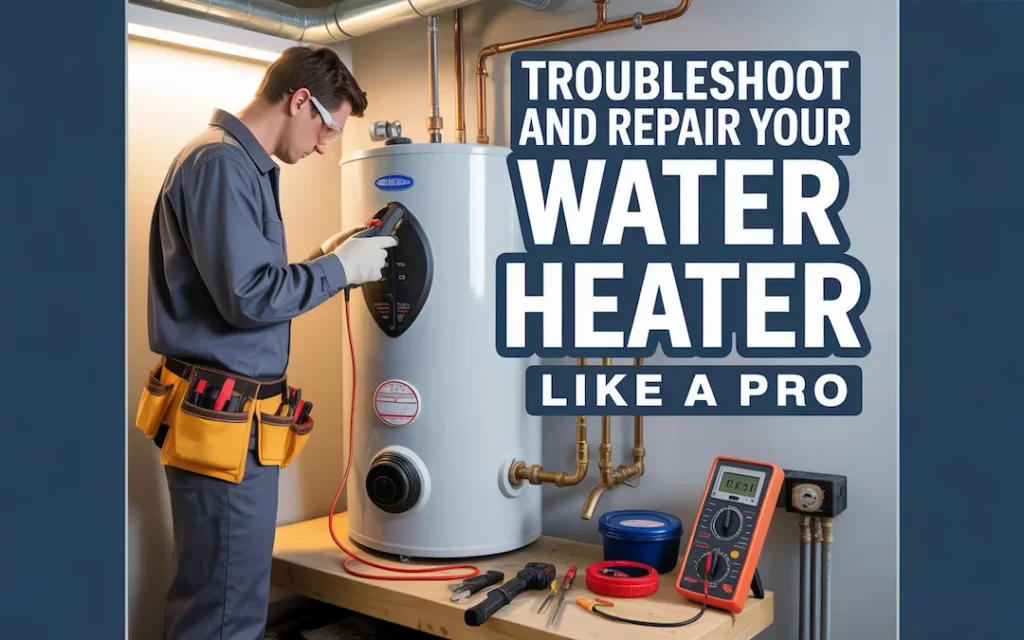
Content
1. Recognizing the Early Signs of Water Heater Trouble
Before your water heater fails completely, it usually gives off warning signs. Catching these early can prevent costly replacements:
- Fluctuating water temperatures: If your hot water suddenly runs cold or changes temperature mid-shower, it could indicate a failing heating element or thermostat.
- Strange noises: Rumbling, popping, or banging sounds often mean sediment has built up at the bottom of the tank.
- Discolored or rusty water: Corrosion inside the tank can release rust into your water supply, a sure sign your water heater needs inspection.
- Leaks around the tank: Even small puddles can indicate internal tank failure or loose connections.
- Reduced hot water supply: If your family runs out of hot water faster than usual, sediment buildup may be reducing the tank’s capacity.
If you notice any of these symptoms, search for water heater repair near me immediately to find a qualified plumber before the issue worsens.
2. Basic Troubleshooting Steps You Can Try
While some problems require professional help, a few can be safely checked by homeowners:
- Check the power or gas supply: Ensure the circuit breaker hasn’t tripped for electric models or the gas valve is fully open for gas heaters.
- Inspect the thermostat settings: Most units are set between 120°F–140°F. Adjusting the thermostat slightly may restore proper water temperature.
- Flush the tank: Sediment buildup reduces efficiency and causes noise. Flushing the tank every six months helps maintain performance.
- Examine the pilot light: For gas heaters, a pilot light that won’t stay lit might mean a faulty thermocouple or a gas supply issue.
- Look for loose connections: Tighten fittings and valves if you notice small leaks, but avoid over-tightening.
If these steps don’t fix the issue, it’s time to call a professional plumber for water heater repair near me to ensure a safe and lasting solution.
3. When to Call a Professional Plumber
DIY fixes are fine for minor issues, but some repairs demand expertise. You should always contact a licensed plumber when:
- The tank is leaking from the base (a clear sign of corrosion or structural failure).
- The water heater is more than 10–12 years old and frequently malfunctions.
- You notice gas smells, smoke, or burning odors.
- The unit repeatedly trips the circuit breaker.
- You’re considering upgrading to a more energy-efficient model.
Professionals have the tools, training, and experience to diagnose problems accurately and replace components safely. They also ensure compliance with local building codes, something DIY work can easily overlook.
4. How Regular Maintenance Prevents Costly Repairs
Preventive maintenance is the best way to extend the life of your water heater. A licensed plumber can perform a thorough inspection once a year to ensure:
- The anode rod is intact — this rod prevents internal tank corrosion.
- The pressure relief valve functions properly to prevent dangerous pressure buildup.
- Sediment is flushed to maintain efficiency and heating performance.
- Electrical components or gas connections are safe and secure.
Regular maintenance not only minimizes the need for emergency water heater repair near me but also reduces energy costs and prolongs the unit’s lifespan.
5. Choosing the Right Professional for Water Heater Repair
When selecting a plumber, look for:
- Local expertise: A nearby company understands common plumbing issues in your area.
- Licensing and insurance: This protects your home and ensures work is code-compliant.
- Experience with your heater type: Whether tankless, electric, or gas, ensure the technician has specific experience.
- Transparent pricing: Ask for upfront estimates to avoid hidden charges.
- Positive reviews and referrals: Online testimonials can help identify reliable professionals for water heater repair near me.
6. Considering Replacement vs. Repair
If your water heater is nearing the end of its life or repeatedly breaks down, replacement may be more cost-effective. New models are significantly more energy-efficient, which can lower utility bills over time. A professional plumber can assess your current system, calculate your household’s hot water needs, and recommend the ideal replacement.
Final Thoughts
Water heater issues are inconvenient, but they don’t have to disrupt your home life. Understanding the warning signs, performing simple maintenance, and knowing when to search for water heater repair near me can keep your system running smoothly year-round. Whether it’s a quick fix or a full replacement, working with an experienced local plumber ensures your home always has the reliable hot water it deserves.

Elena Mohr is a dedicated home blogger who has been blogging for over six years. She covers everything home related. Elena also loves writing posts about her travels to Europe with her husband and two children.
